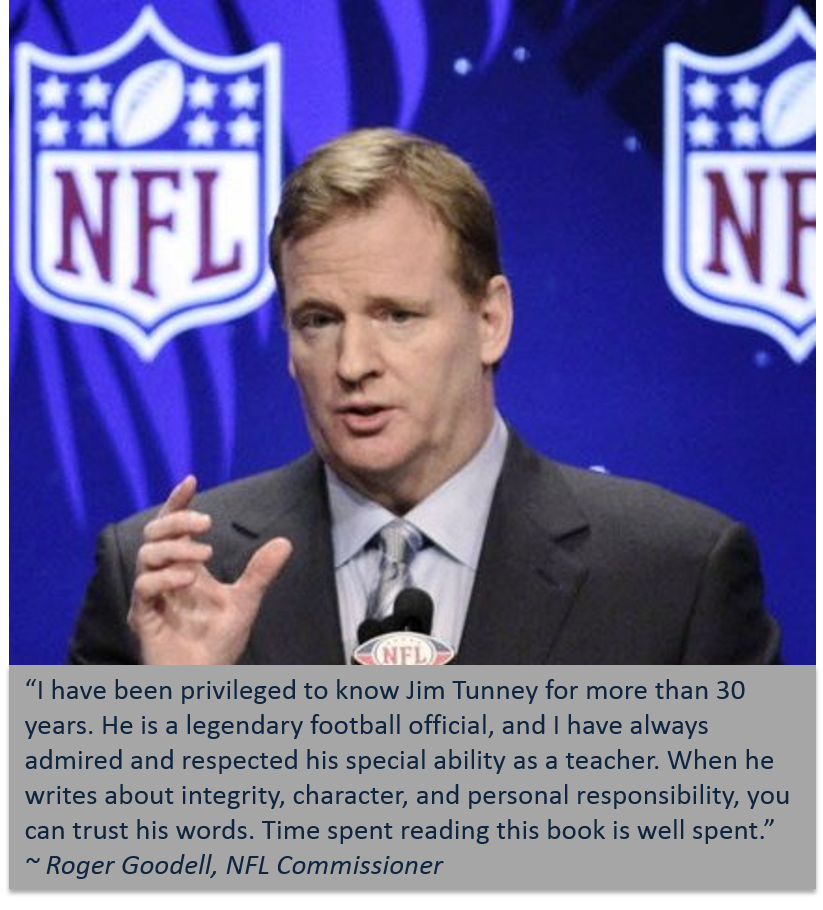On the TUNNEYSIDE of SPORTS January 19, 2015 #524 Up next…Keeping a dream alive!
After further review…Today we honor the work of Martin Luther King Jr. His famous “I have a dream…” speech of some 52 years ago is still alive, but wanting. We still want equality for all; yet a dream is only that until we spur it into action. The society Dr. King dreamed of is a work-in-progress. The same may be said for the sports world.
“I have a dream…” that every athlete treats the opportunity to participate in sports as a privilege, with respect for one’s opponents being one of its defining characteristics. While rules makers attempt to eliminate “trash talking” through punishment of offenders, it is well known that a penalty has only a band-aid effect. The first step in eliminating poor behavior is role modeling begun at home, followed with reinforcement from teachers and coaches.
Yes, it does take courage for parents, teachers, and everyone involved in the education of youth to “step-up” with verbal guidance and correction in order to provide a proper path. Setting a positive example is frequently the most effective tool. Young people today are exposed to many diverse types of behavior; they are often confused about which direction to take. Yet, almost any five year old inherently knows right from wrong. If those lessons learned at home reinforce that instinctive sense of right or wrong, a child is off to a healthy start.
Having recently watched more than three dozen football bowl or playoff games, it was easy to observe those coaches who, although desperately trying to win, showed behavior in concert with acceptable standards. Then, too, there were others who ignored egregious behavior by focusing on winning rather than stepping-up to correct an unwanted act.
But what method of improvement is best? Let’s start with the negative. When performance is less than expected, it does little good to threaten “If your performance doesn’t improve, you will be fired”! In order for that person to improve, specific, attainable methods must be shown that the performer can learn and repeat. As a sports example, it doesn’t do much good to say “Don’t fumble the football!” The player already knows that. What he needs to know are the techniques that he can apply to prevent the fumble.
Will you help others improve their performance by citing specific, attainable behaviors?
To contact Jim go to www.jimtunney.com or email jim@jimtunney.com.
The Monterey Herald recently advertised a special offer – three books that I have authored: Impartial Judgment, It’s the Will, Not the Skill, and 101 Best of TunneySide of Sports as a package deal – all three ($60) for just $40. Please use the email address for your order and include names for which you wished them autographed.



